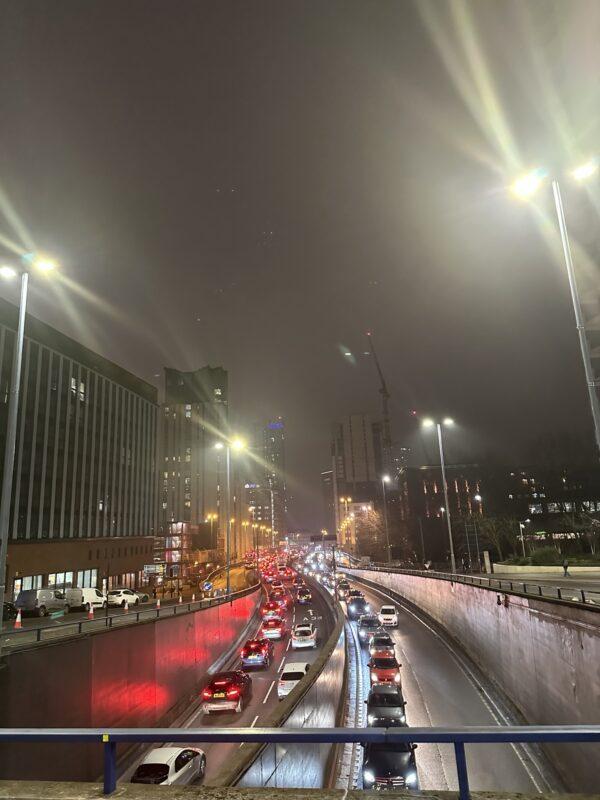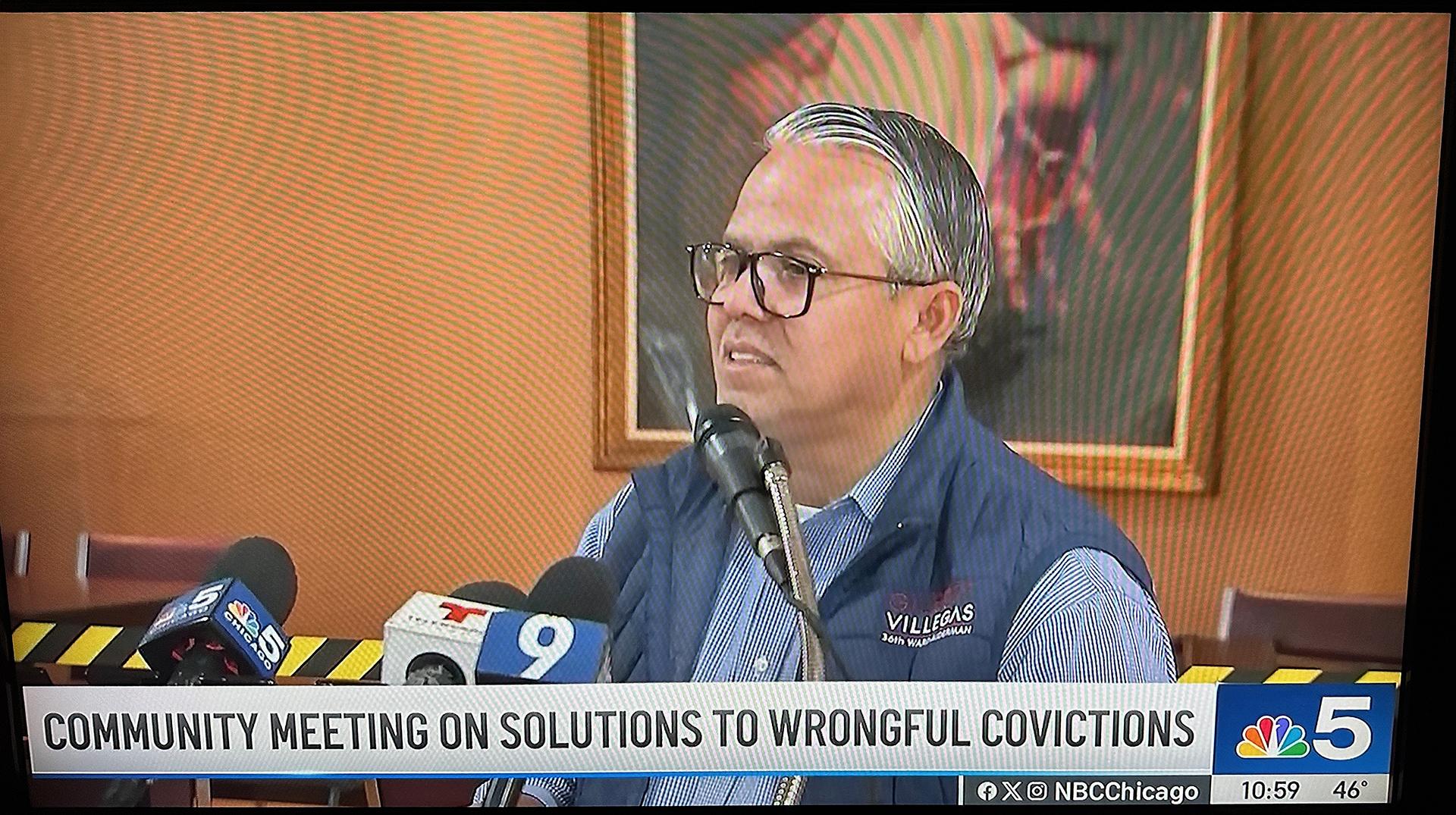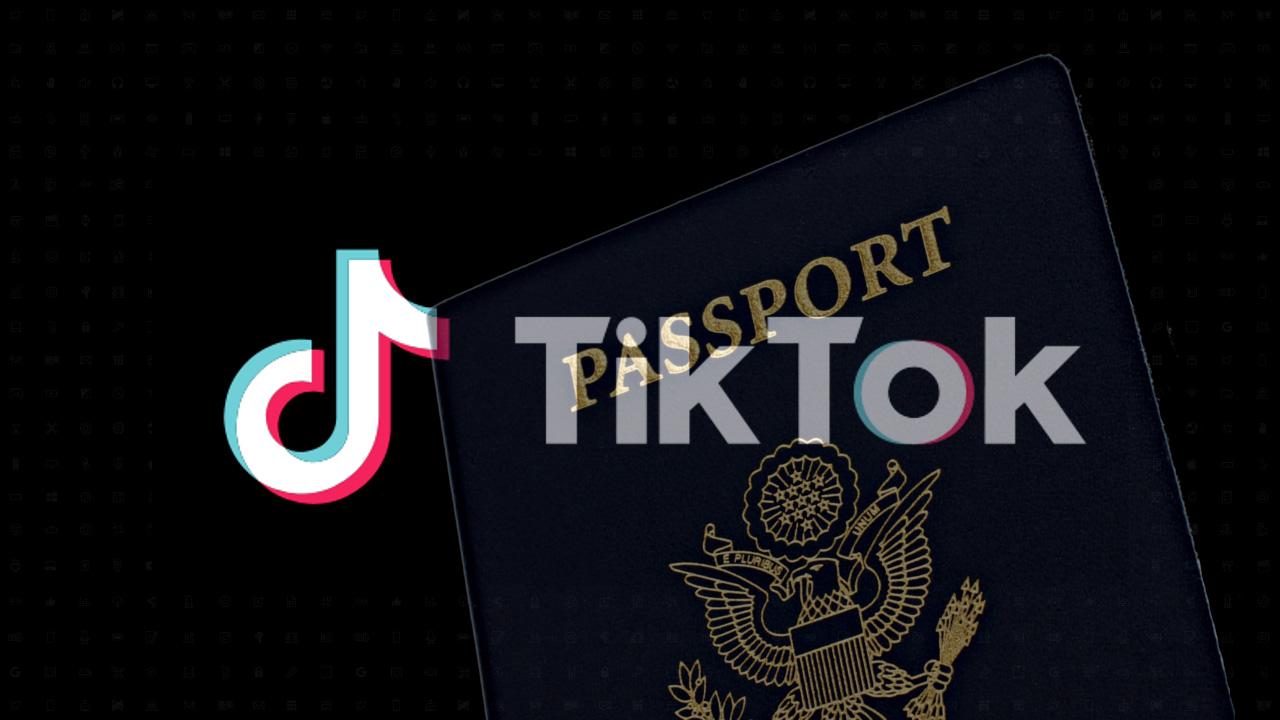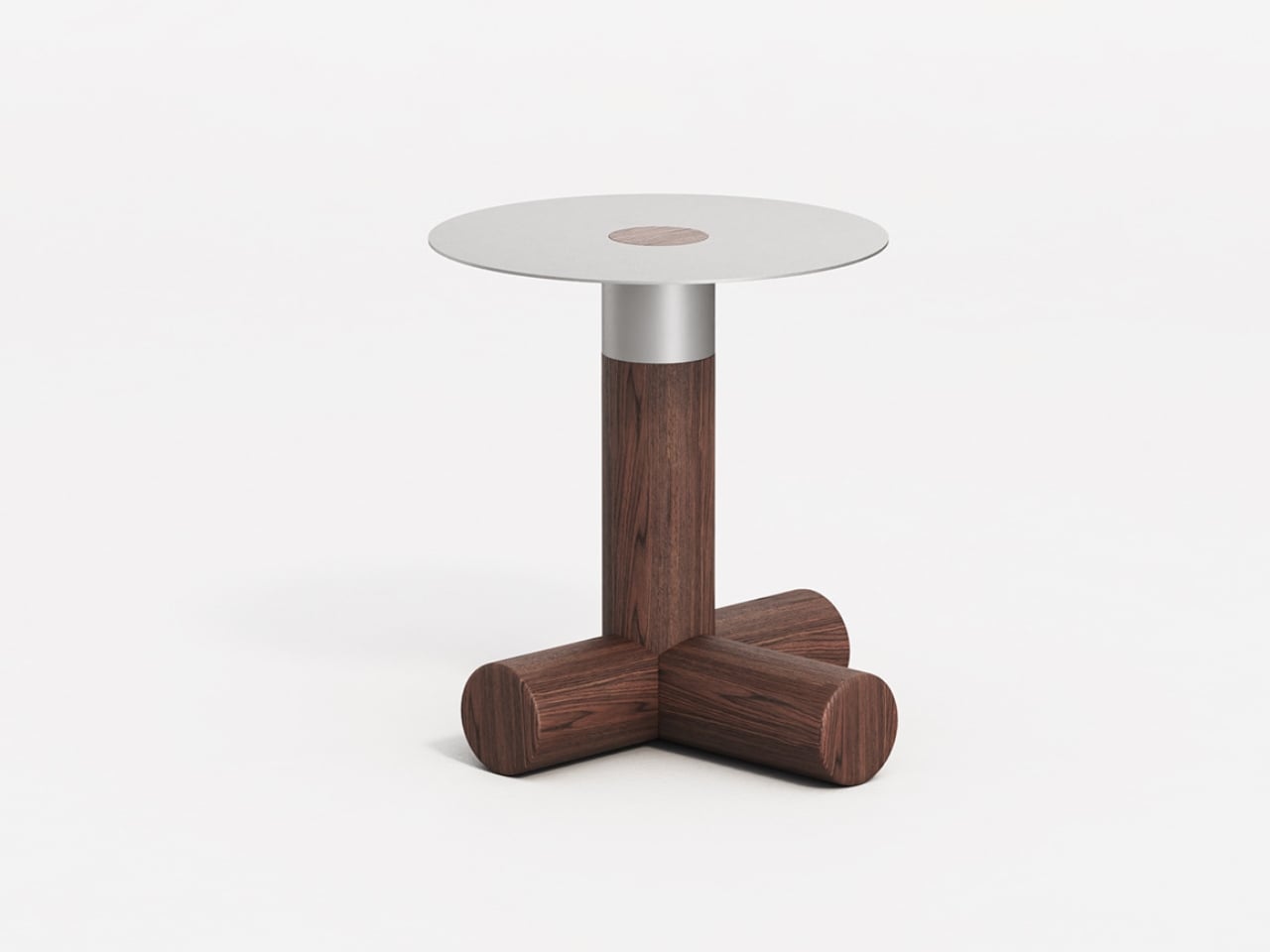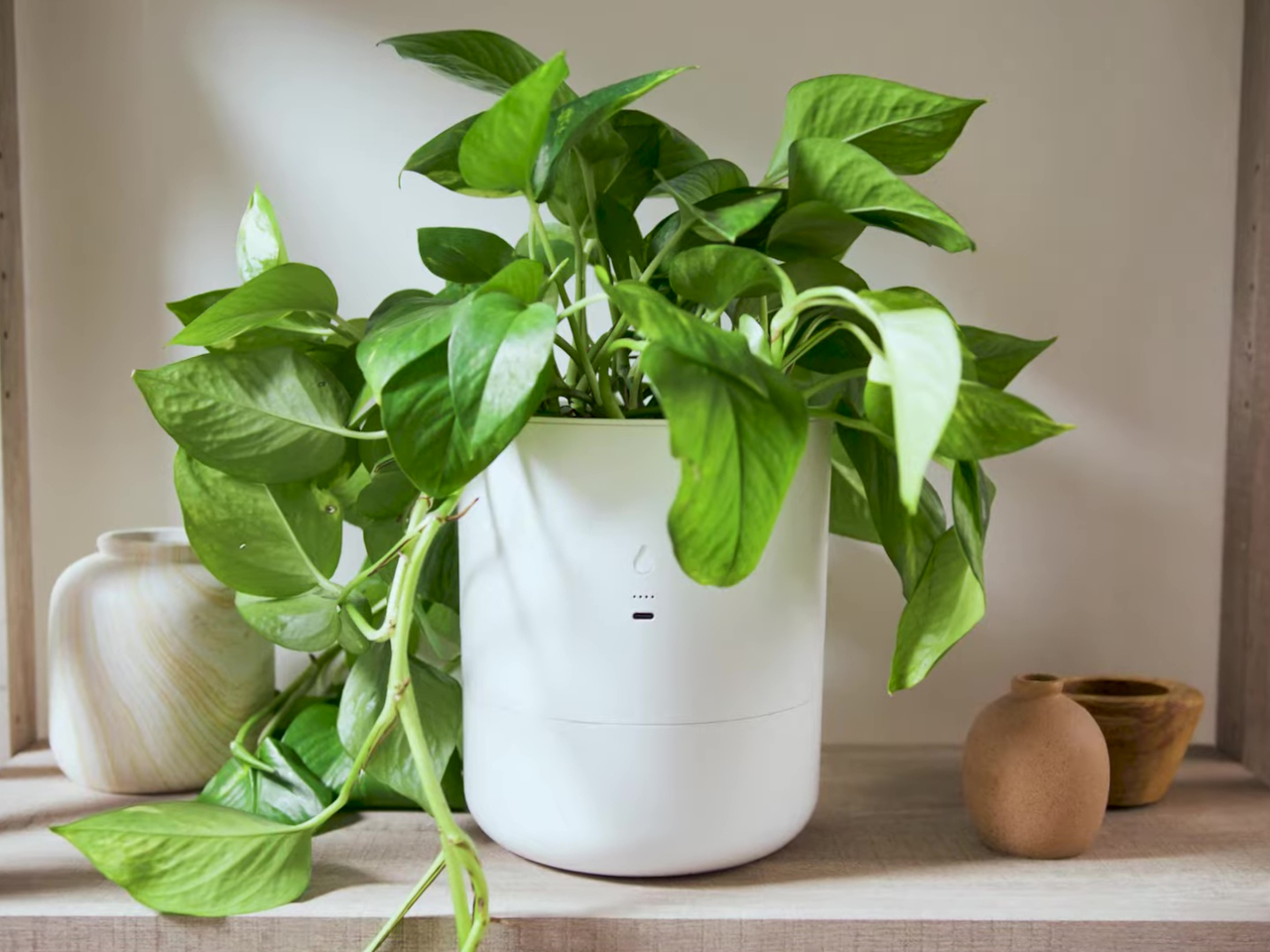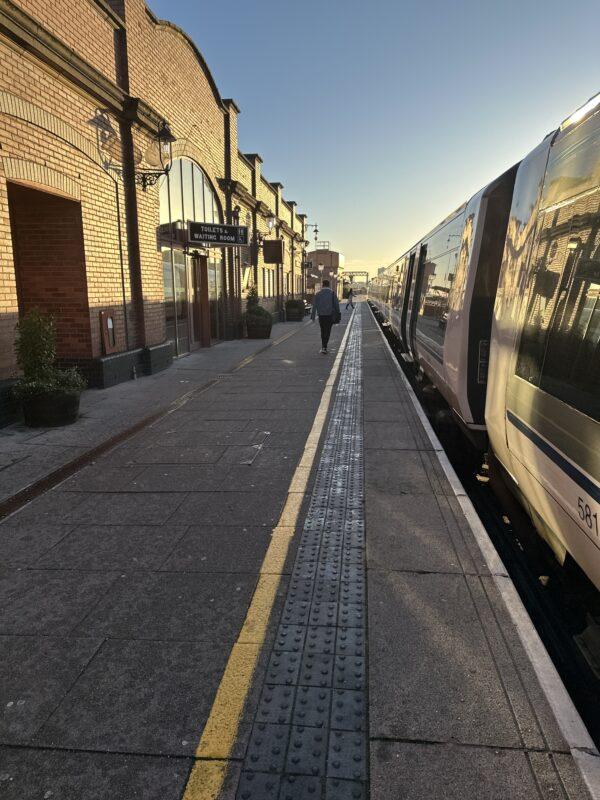You Should Really Be Wearing Compression Socks on Travel Days. These Are the Perfect Fit.
You can even wear boots all day pain free with the CEP Flight Tall Compression Socks.
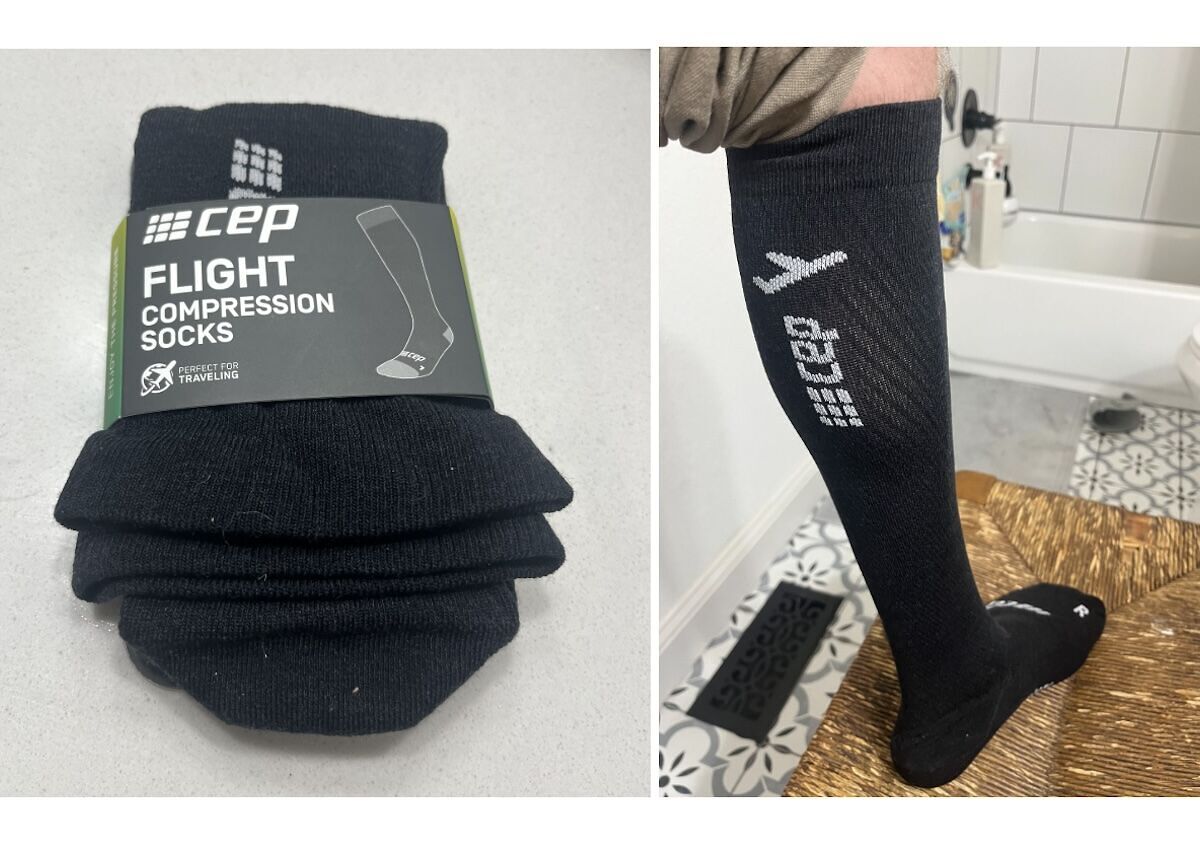
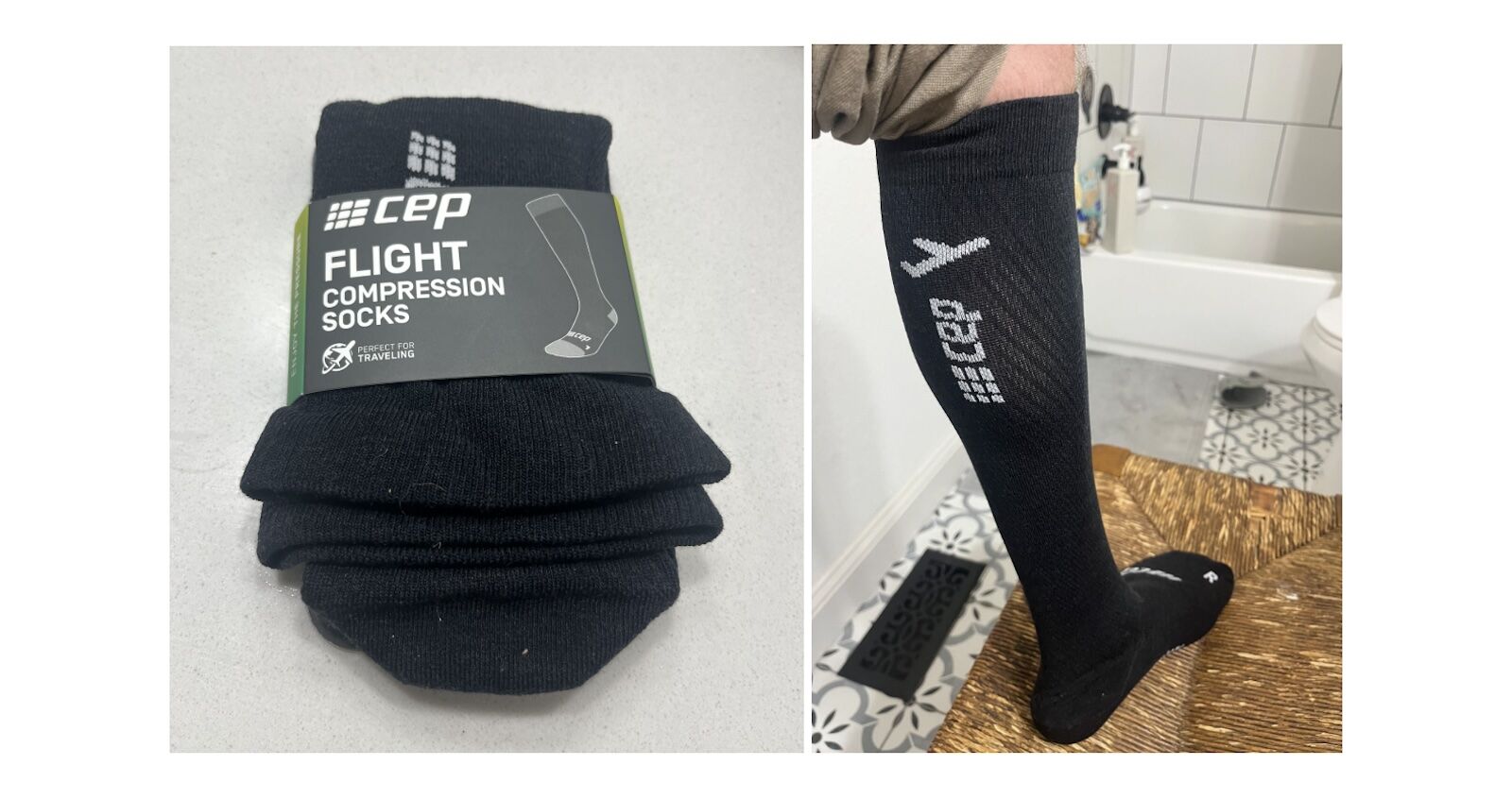
Among the aspects of travel that changed for me in my late 30s was a sudden desire to not look like slob, even on long travel days. I frequently travel on story assignments and to conferences, and particularly for these trips, I want to arrive looking at least somewhat sharp. As such, I wear, among other things, a nice pair of boots when I fly (no need to remove shoes at TSA with Global Entry). No more scuffed shoes or sandals on the plane for this guy. Problem solved – or so I thought, until that pain from constant rubbing, pressure, restricted blood flow would cause my feet to hurt within a few hours of leaving home. To counter this, I got a pair of CEP Flight Tall Compression Socks ($44.99 at Amazon) hoping they would keep the blood flowing and relieve the pressure on my feet. Here’s how it went.
We hope you love the CEP Flight Tall Compression Socks! Just so you know, Matador may collect a small commission from the links on this page if you decide to make a purchase.
First impressions of the CEP Flight Tall Compression Sock
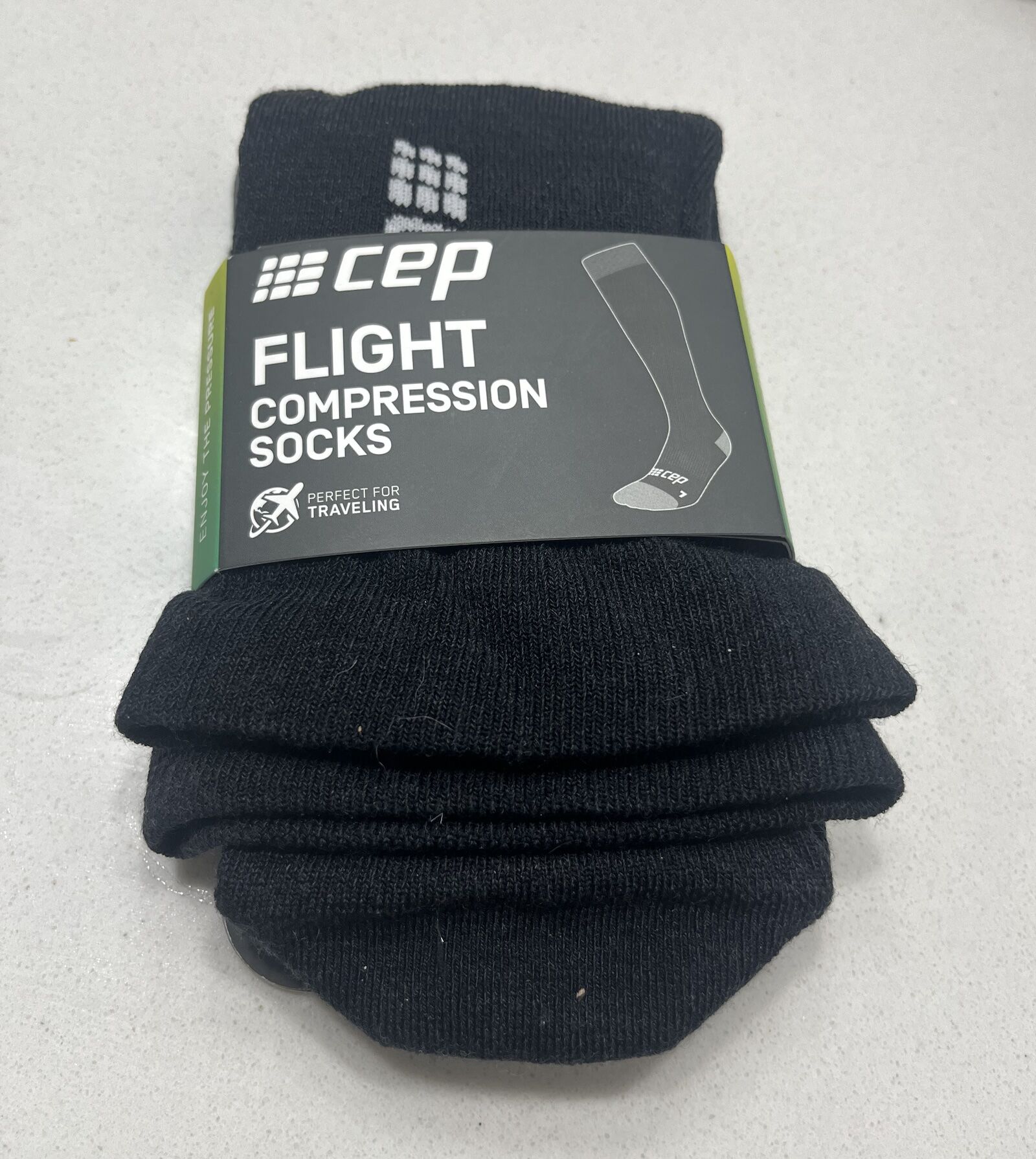
Photo: Tim Wenger
Wearing tall socks is a must when wearing boots. The same goes for thickness – you need socks that will prevent excess rubbing of the toes against the sides and top of the toe box. The goal of flight compression socks is to improve blood flow while reducing the risk of deep-vein thrombosis and swelling. I found them to be far more beneficial, actually improving comfort and preventing soreness in my feet across a long day of travel.
The CEP Flight Tall Compression Socks rise nearly to the knees, adding equally distributed pressure from their down through the toes. This helps to stimulate proper blood flow during long periods of sitting. I noticed on the flight between Salt Lake City and Vancouver that I rarely needed to move my legs, other than the occasional stretch into the aisle to pop my knees (the perk of always flying in the aisle seat). Typically on flights longer than an hour or two I find myself frequently fidgeting with my feet, and while not doing that I realized it was at least in part an attempt by my body to keep blood flowing through my legs and feet. This was the first noticeable improvement of flying with compression socks.
Equally important, though, was how comfortable my feet were. The CEP Flight Tall Compression Socks are thick enough that they prevented my toes from rubbing the toe box. The socks move with the legs, due to the 20-30mm HG compression that simultaneously boosts blood flow, which significantly improved comfort. Across a 14-hour travel day that included three flights and a two-and-a-half-hour drive I never felt the need to remove my boots – this being by far the longest I’ve ever kept them on in a single stretch.
The compression prevented the socks from slipping. Often on travel days I find myself pulling up my socks or fidgeting with them throughout the day, but that wasn’t the case with the CEP Flight Tall Compression Socks. When I reached my hotel in Revelstoke, British Columbia, they were as tall as they were when I left my house in Colorado that morning.
What else stood out about the CEP Flight Tall Compression Socks
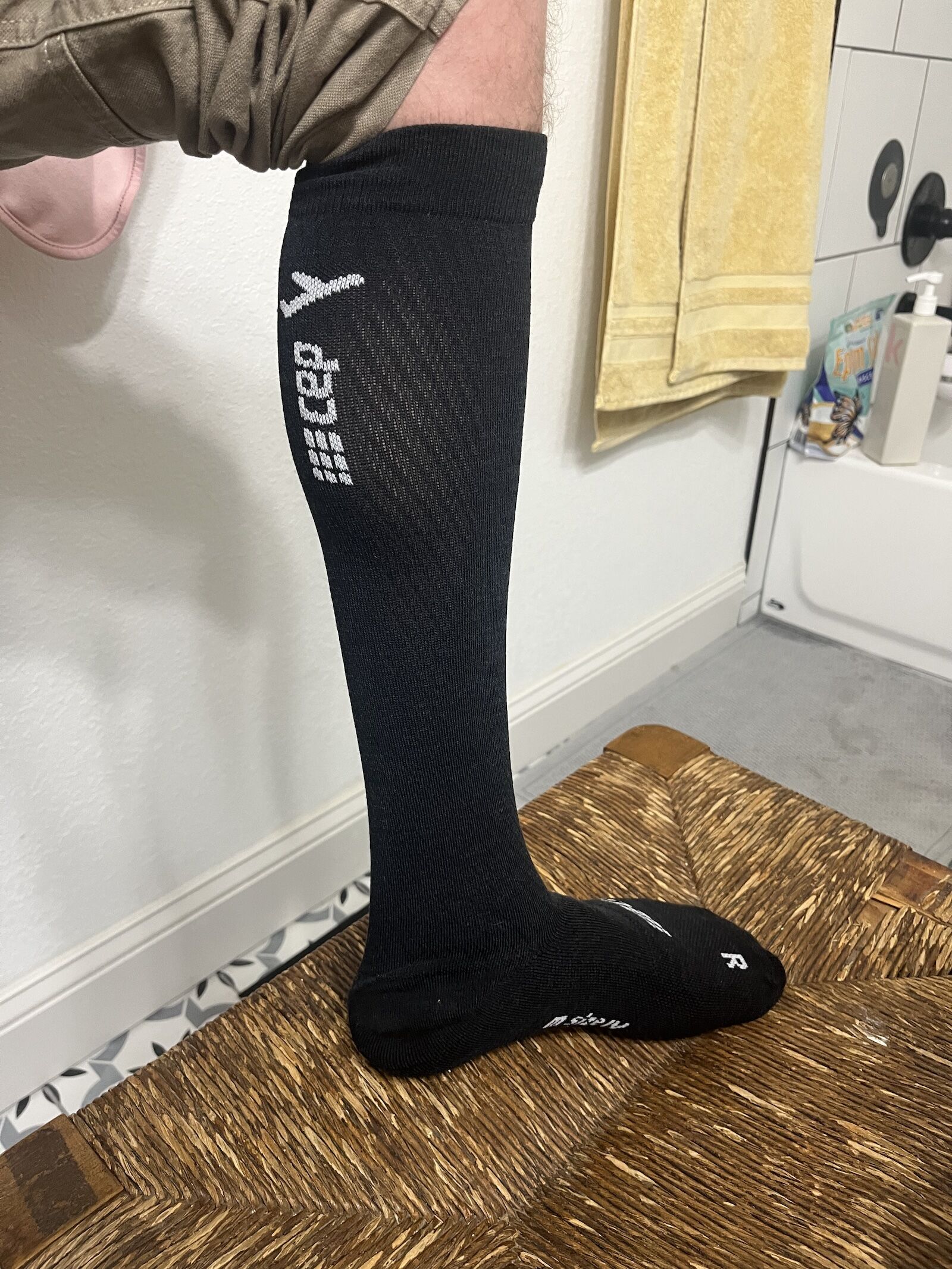
Photo: Tim Wenger
Long days in heavy boots tend to draw some sweat. The same goes for long walks through busy airports on tight turnarounds. I appreciated that the CEP Flight Tall Compression Socks are made of 36 percent merino wool that absorbs the sweat rather than simply becoming wet and gross.
I’m 41 and while I don’t have varicose veins, I suspect that I’m headed that direction. These socks apply graduated pressure to the legs, with the tightest compression at the ankles and gradually decreasing pressure towards the knees. This graduated compression helps to improve blood circulation by gently squeezing the legs, preventing blood from pooling and reducing swelling in the ankles and legs – something that I realized in-flight I should have been doing for years. That’s because by promoting better blood flow, compression socks can help reduce the risk of blood clots (the deep vein thrombosis I mentioned above), something that is made worse by long bouts of air travel.
What could be improved
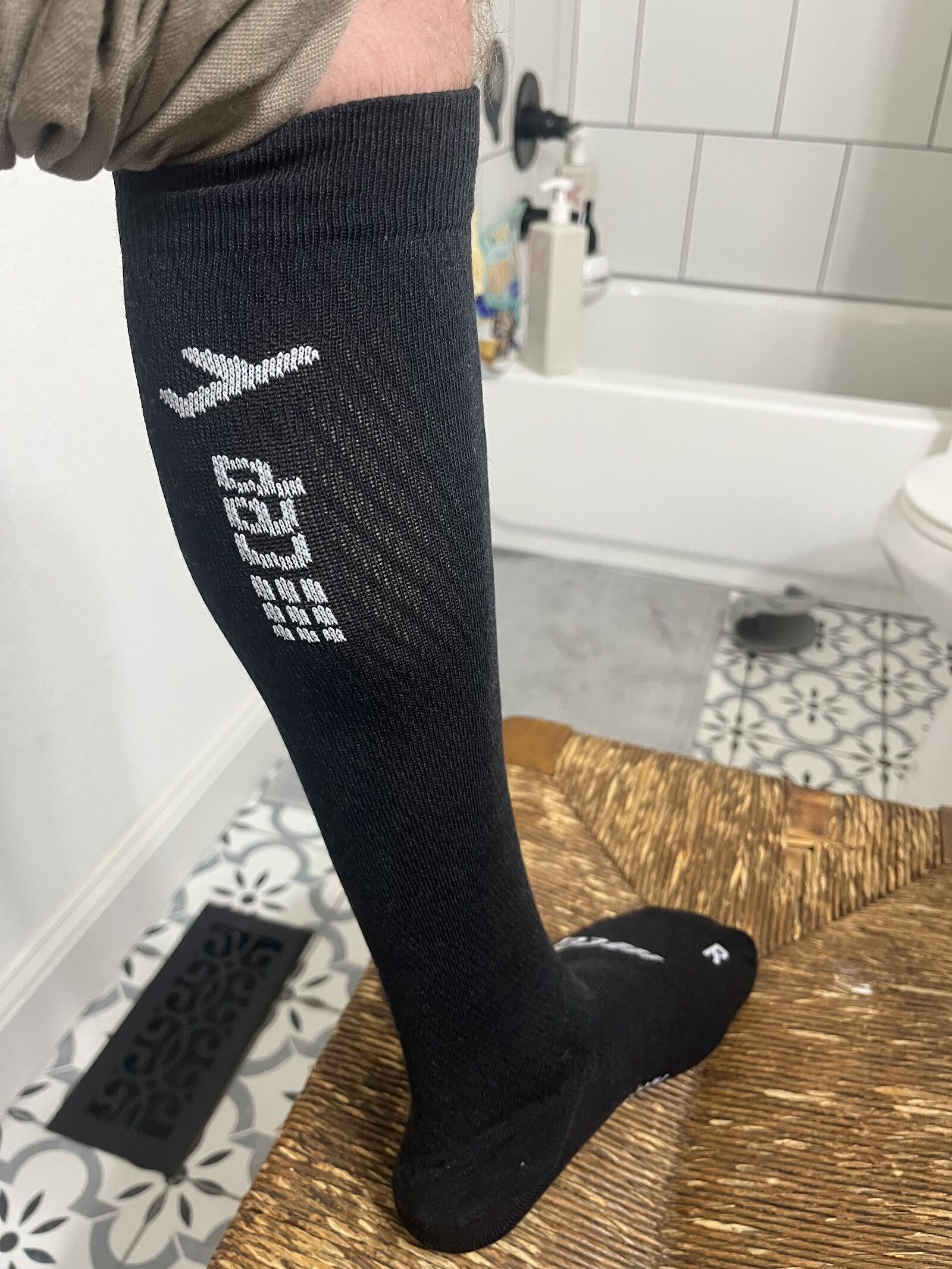
Photo: Tim Wenger
Having returned home and washed the socks, I have noticed that pilling is forthcoming. This isn’t a huge issue – they’re socks, after all – but I hope it’s not a sign that the socks are going to wear out within a year of use. I plan to wear them regularly when I fly going forward, and at the $44.99 price point expect to get at least a year of use out of them.
Wearing flight compression socks can feel a bit restricting, especially at first and for those not accustomed to wearing them. Walking through the airport before my first flight I was acutely aware of the fact that I was wearing socks up to my knees, because I could feel the pressure on my legs. But by the time I was on the plane and in the air, I’d grown accustomed to it and forgotten all about it. I was reminded again, though, at the hotel that night when I removed the socks – my legs suddenly felt so free. That said, I’ll take a bit of pressure over a bunch of pain every time. ![]()




















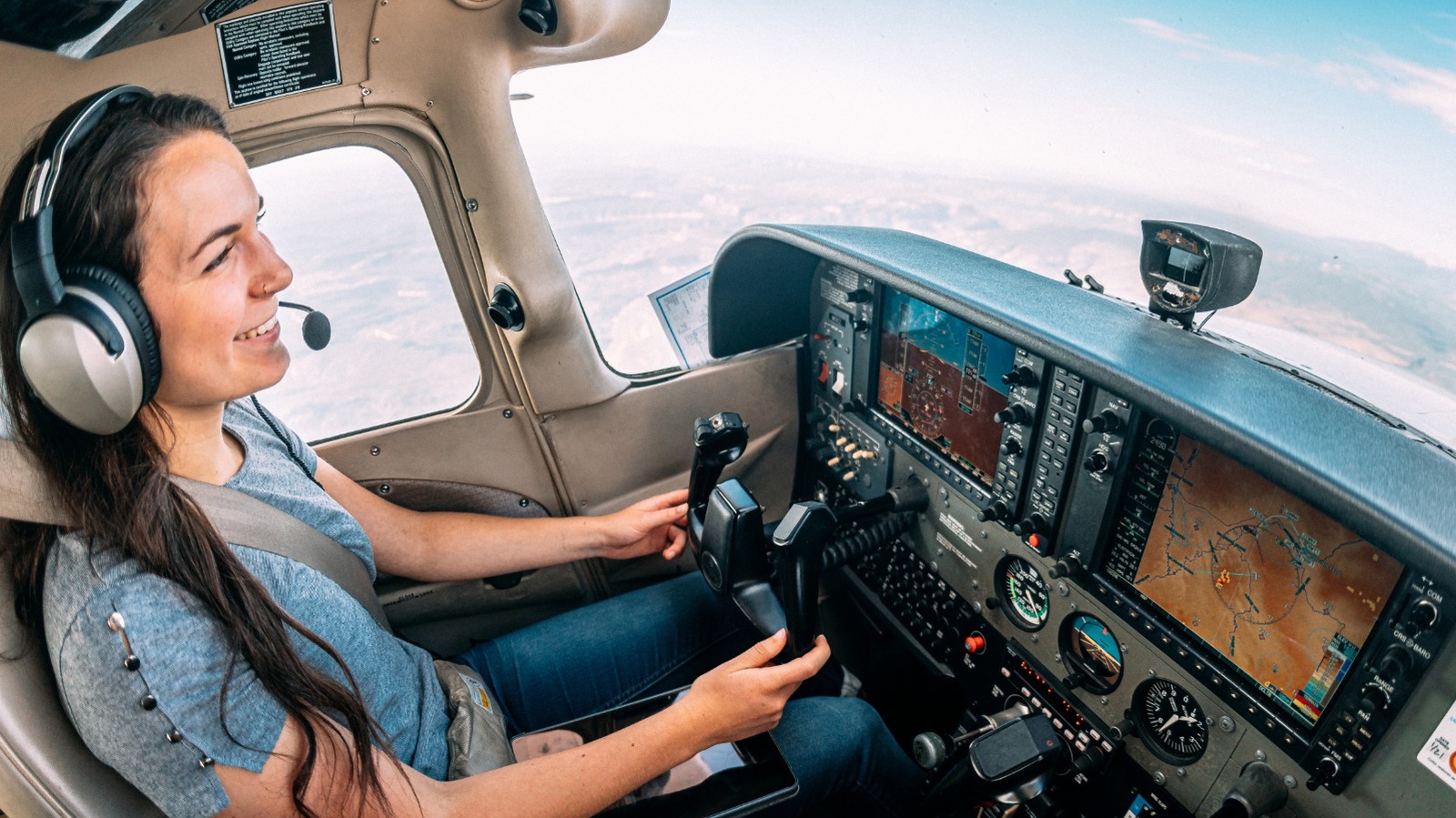

/cdn.vox-cdn.com/uploads/chorus_asset/file/25829976/STK051_TIKTOKBAN_B_CVirginia_B.jpg)











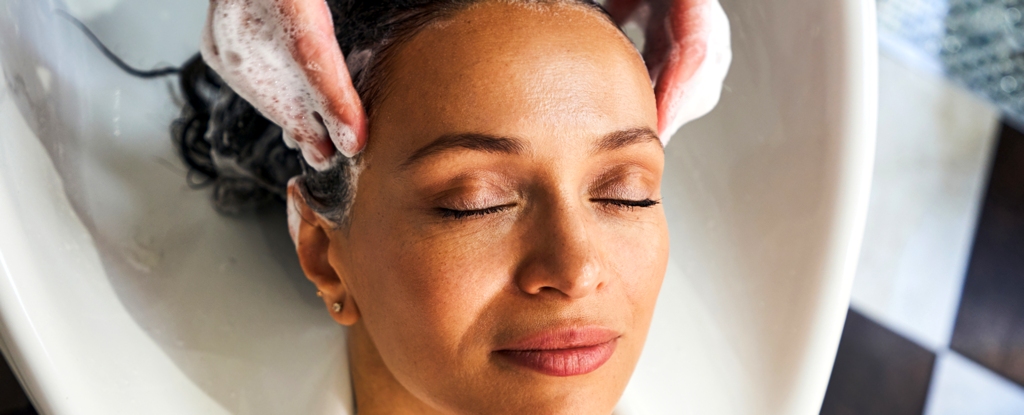
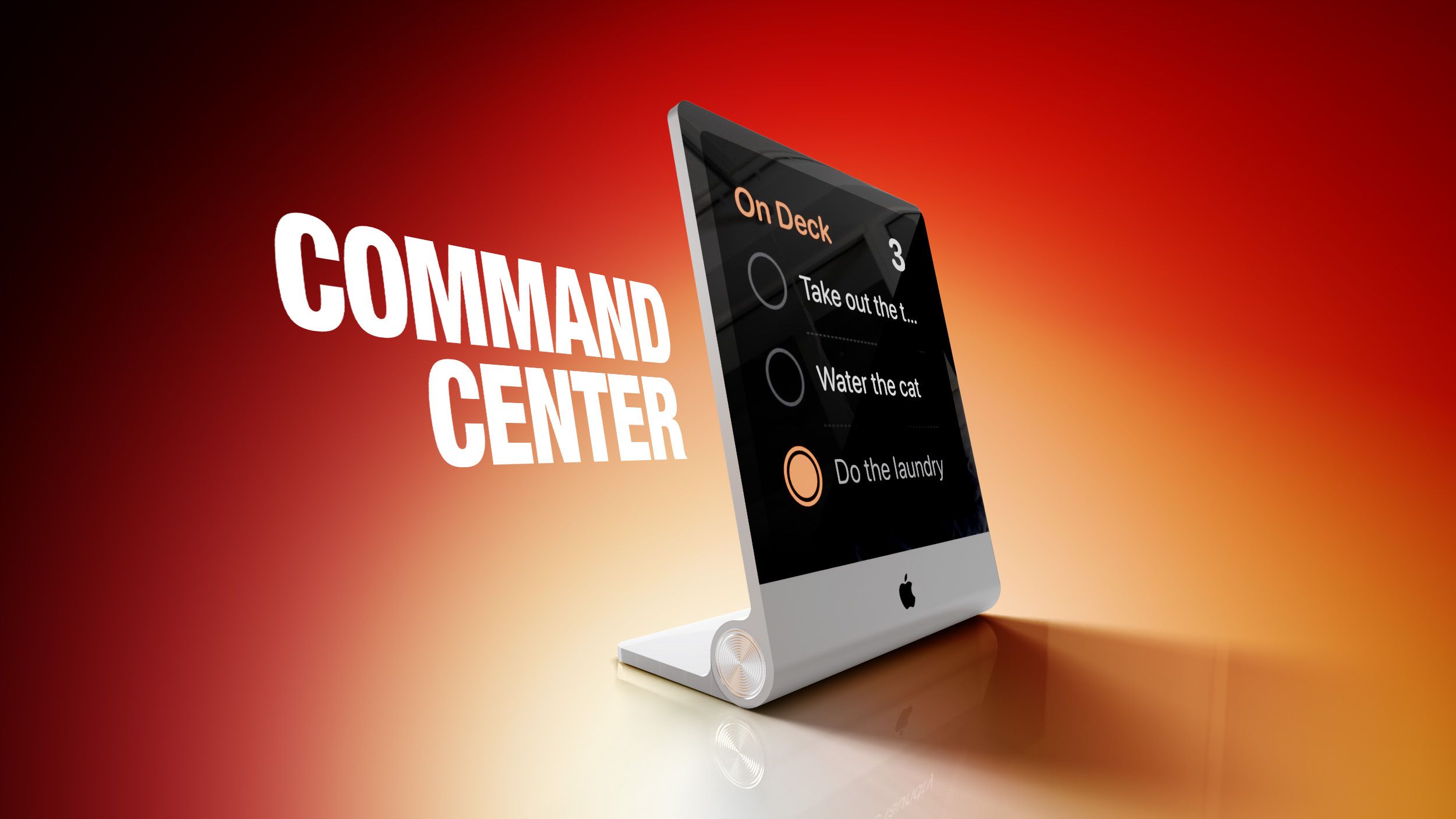
/cdn.vox-cdn.com/uploads/chorus_asset/file/24435316/STK150_Bing_AI_Chatbot_02.jpg)







